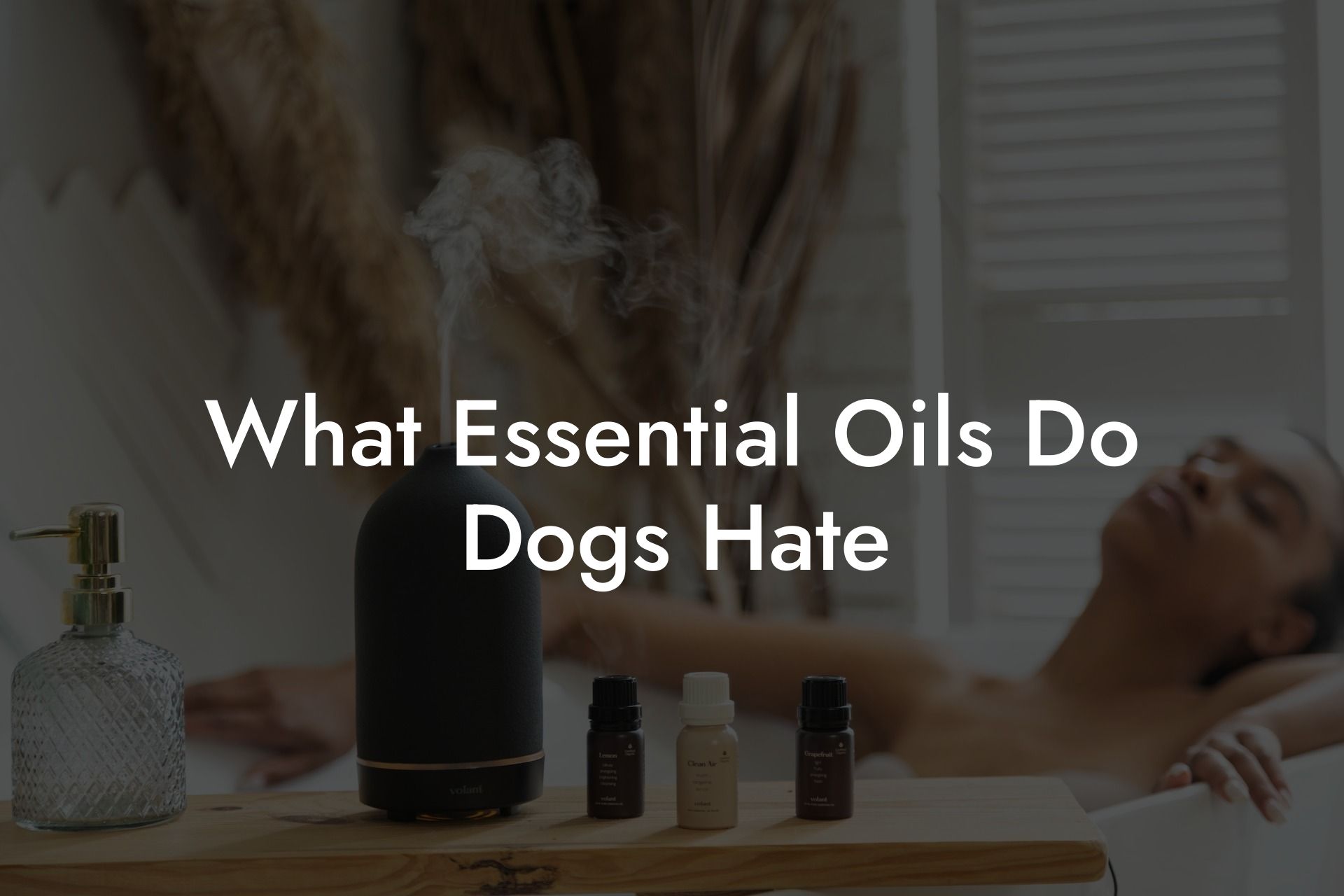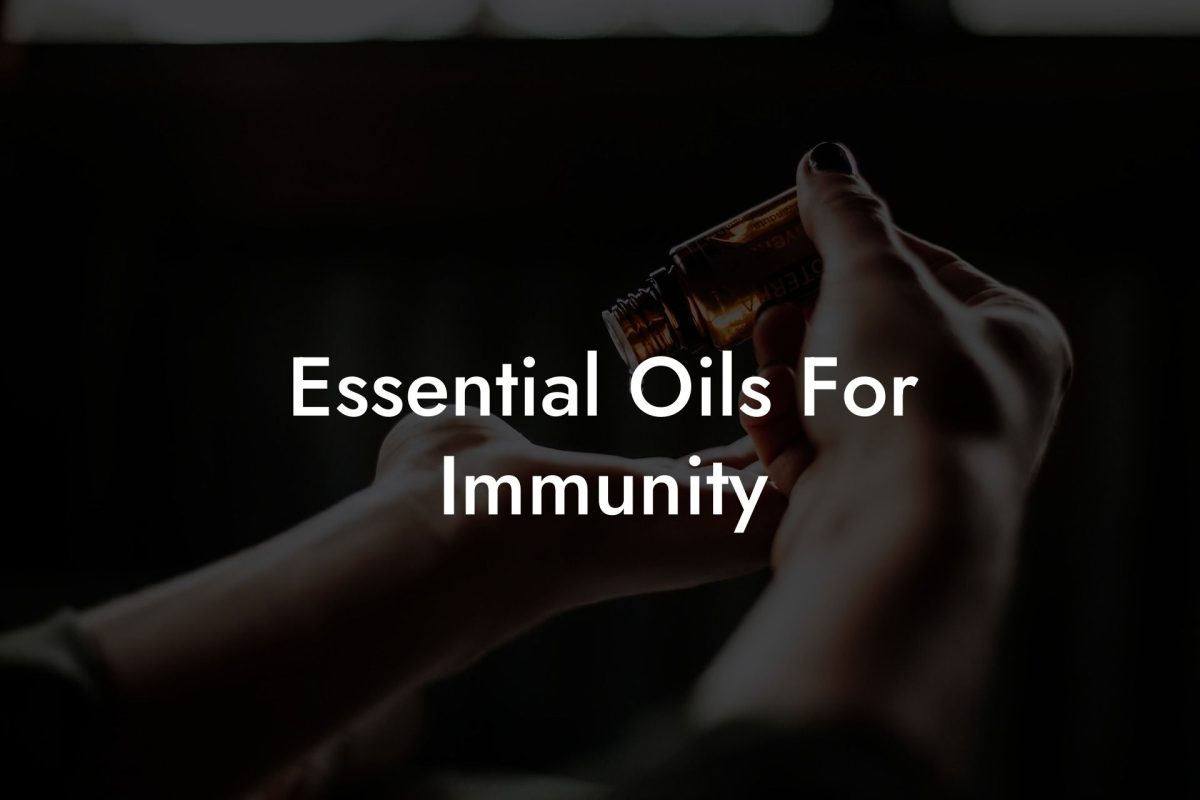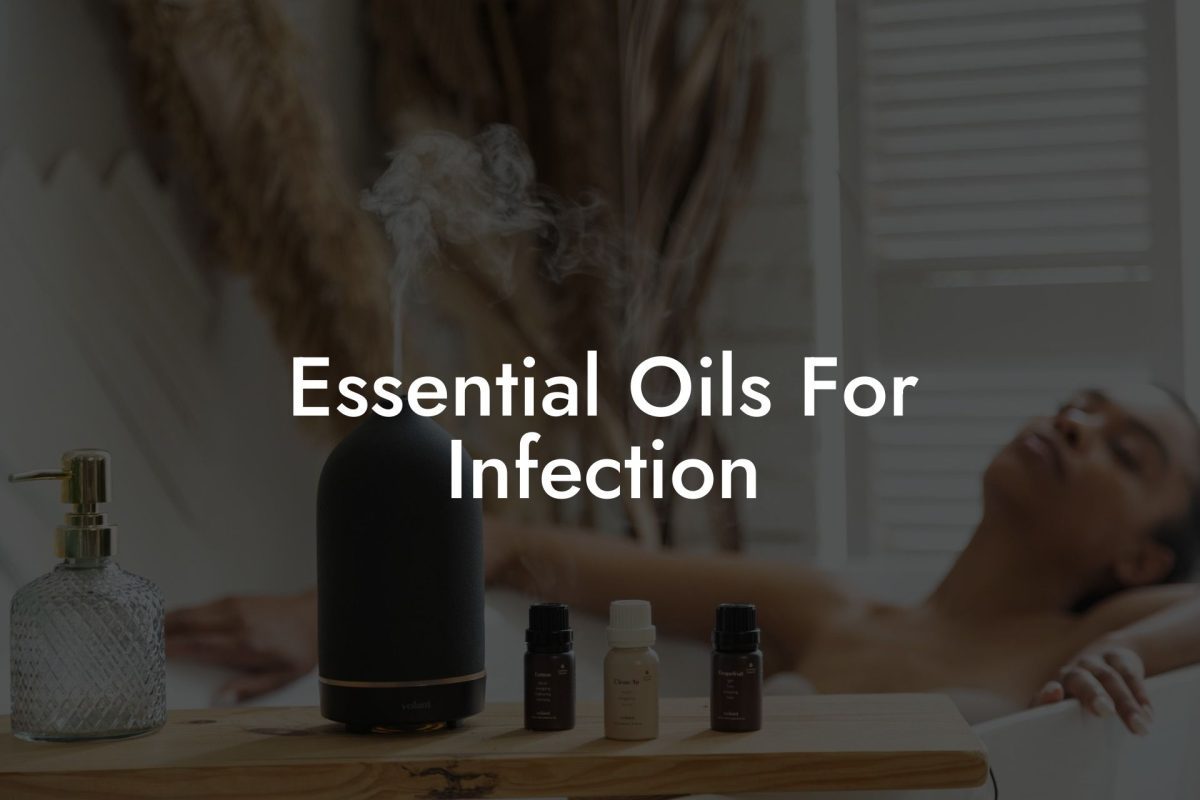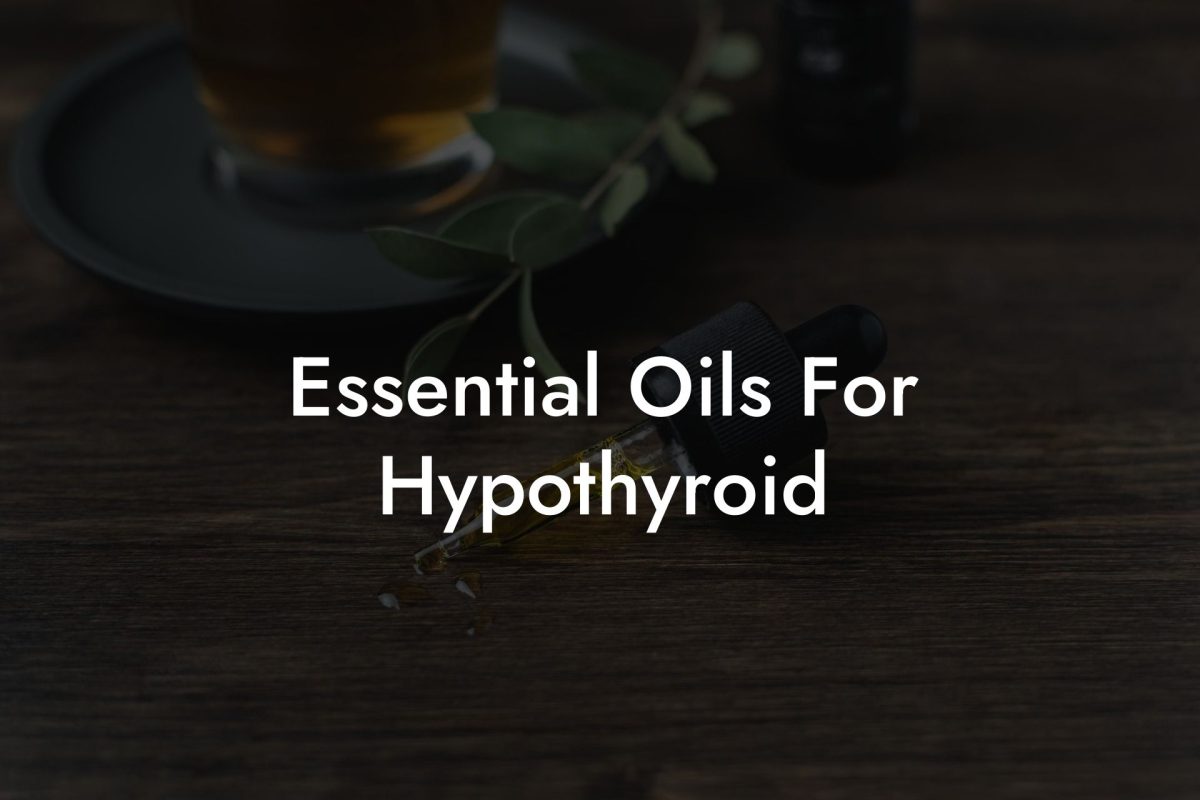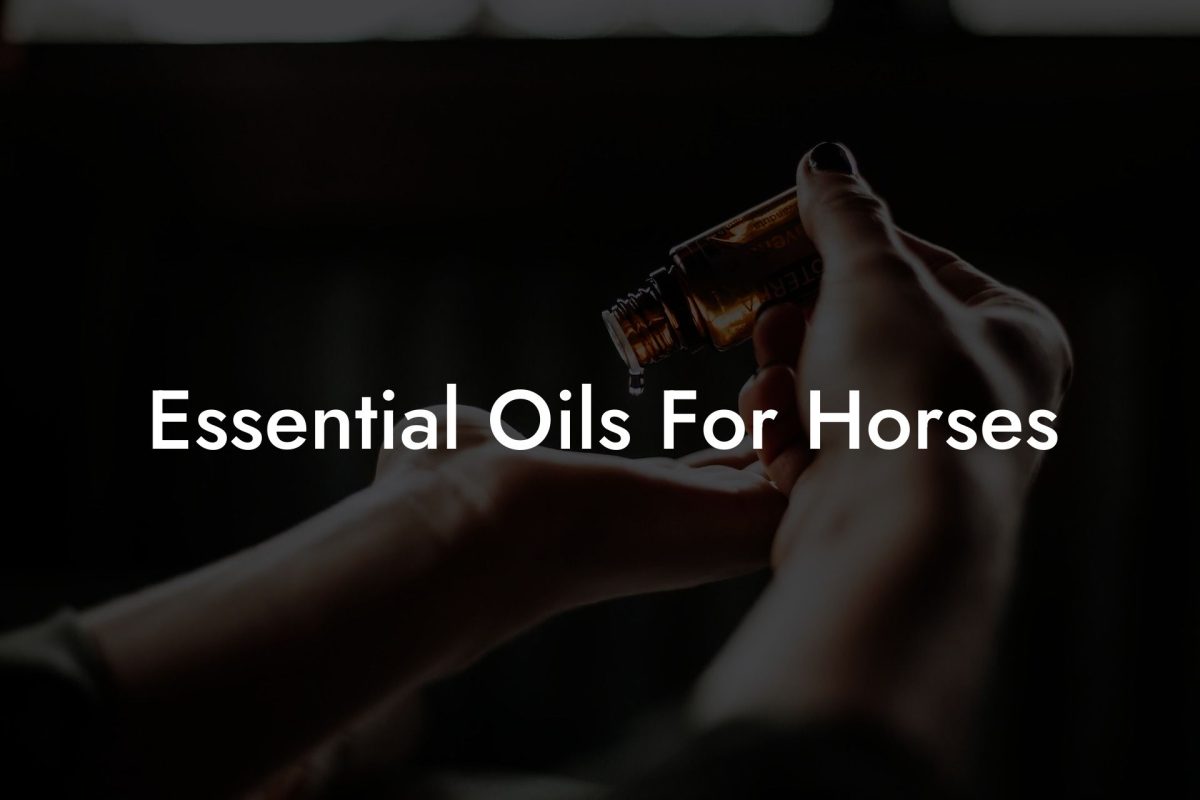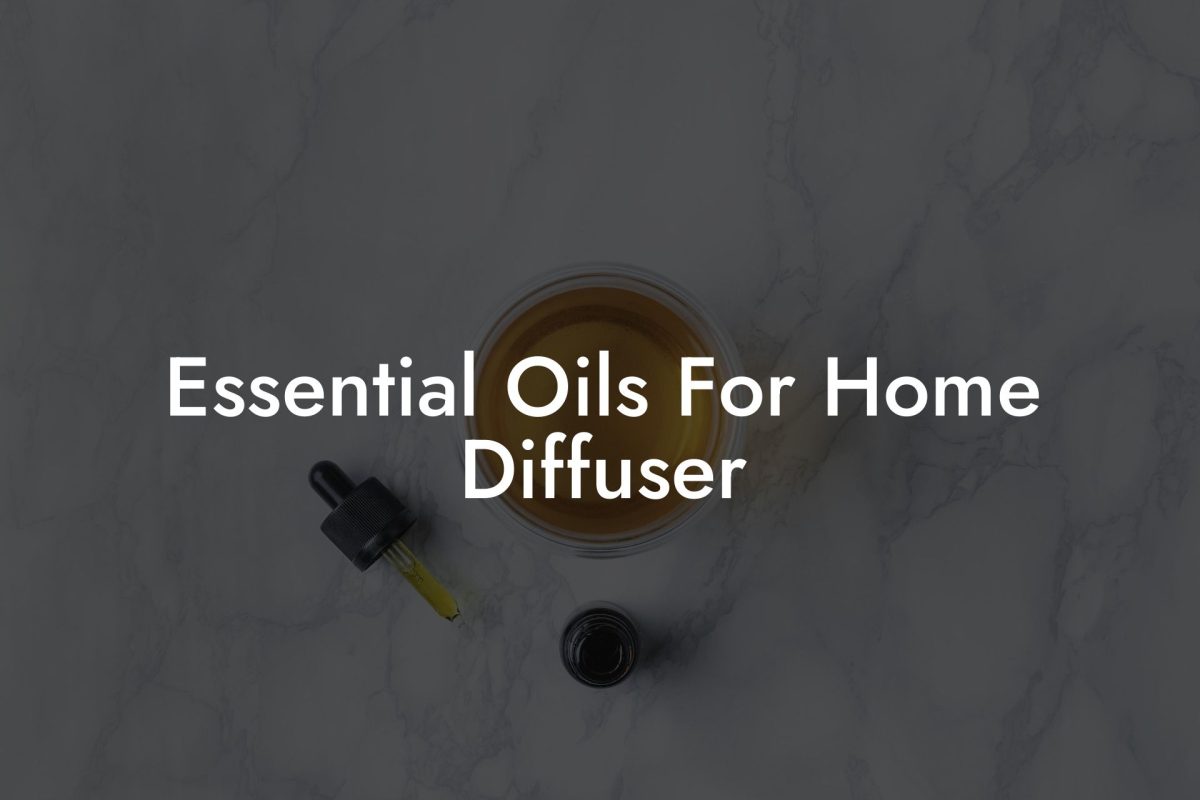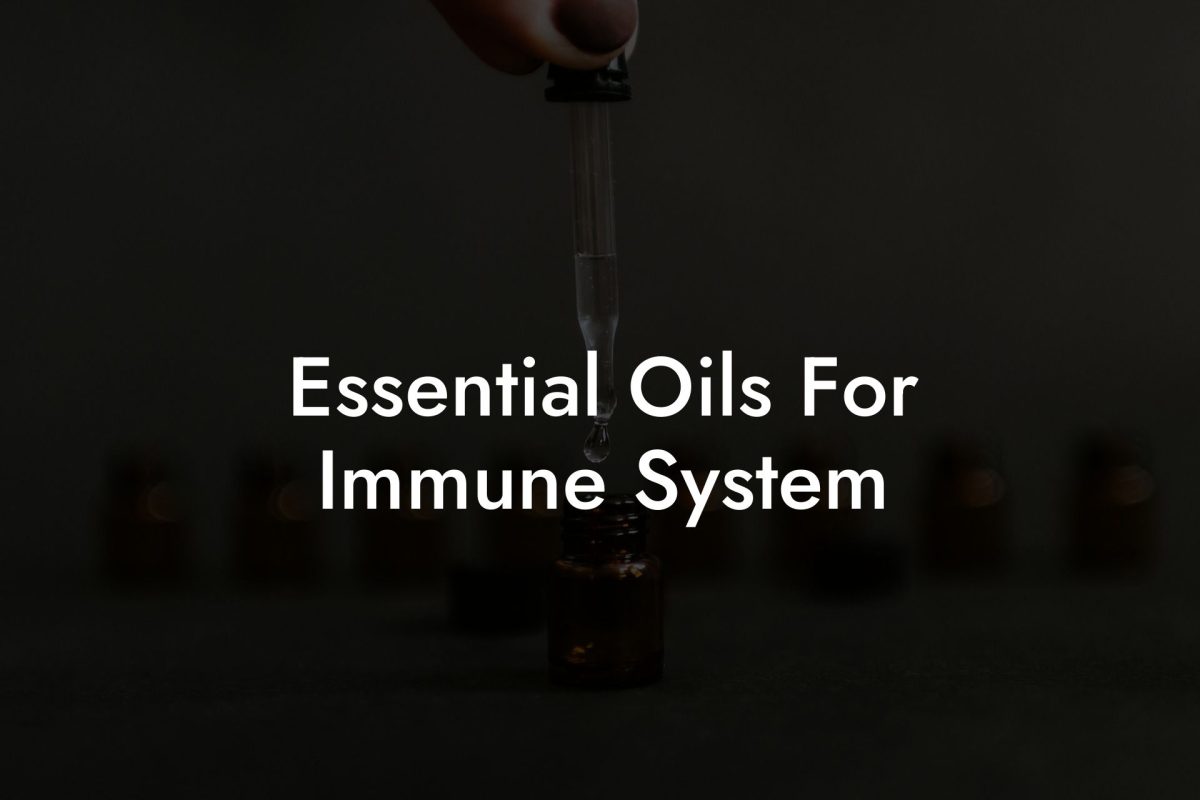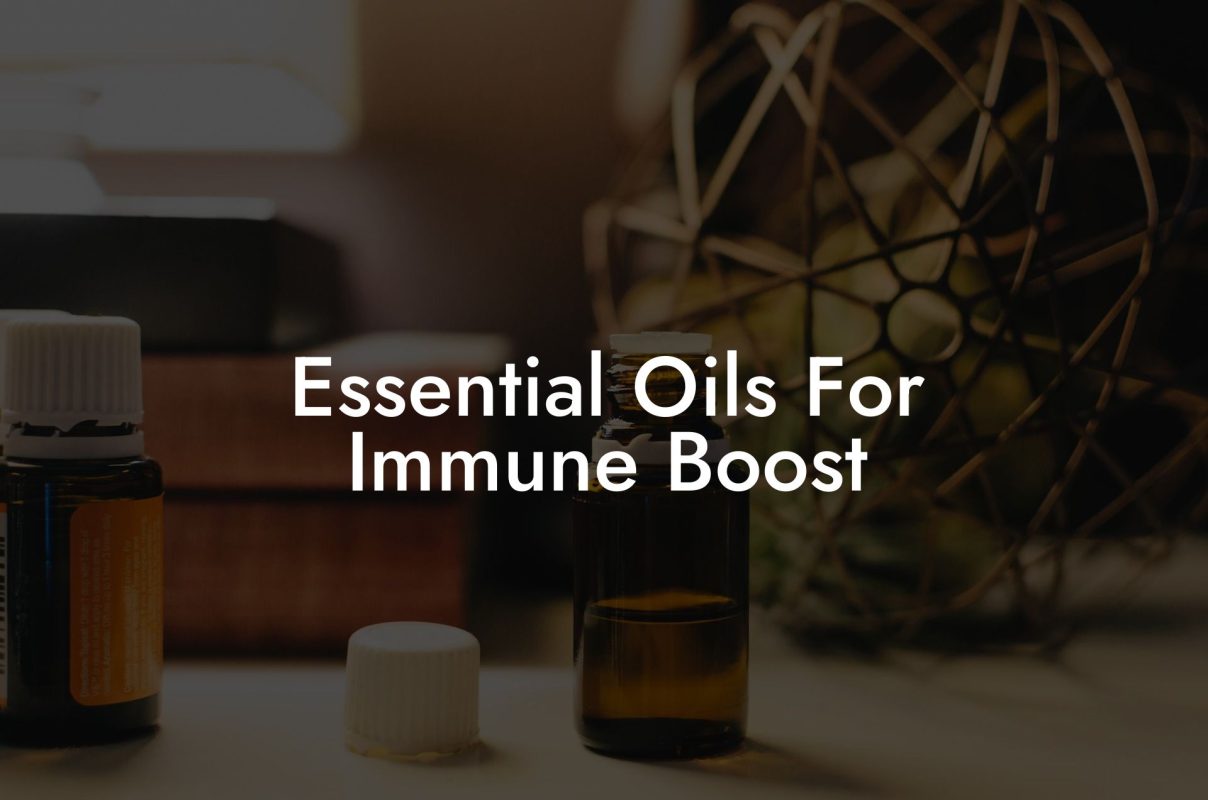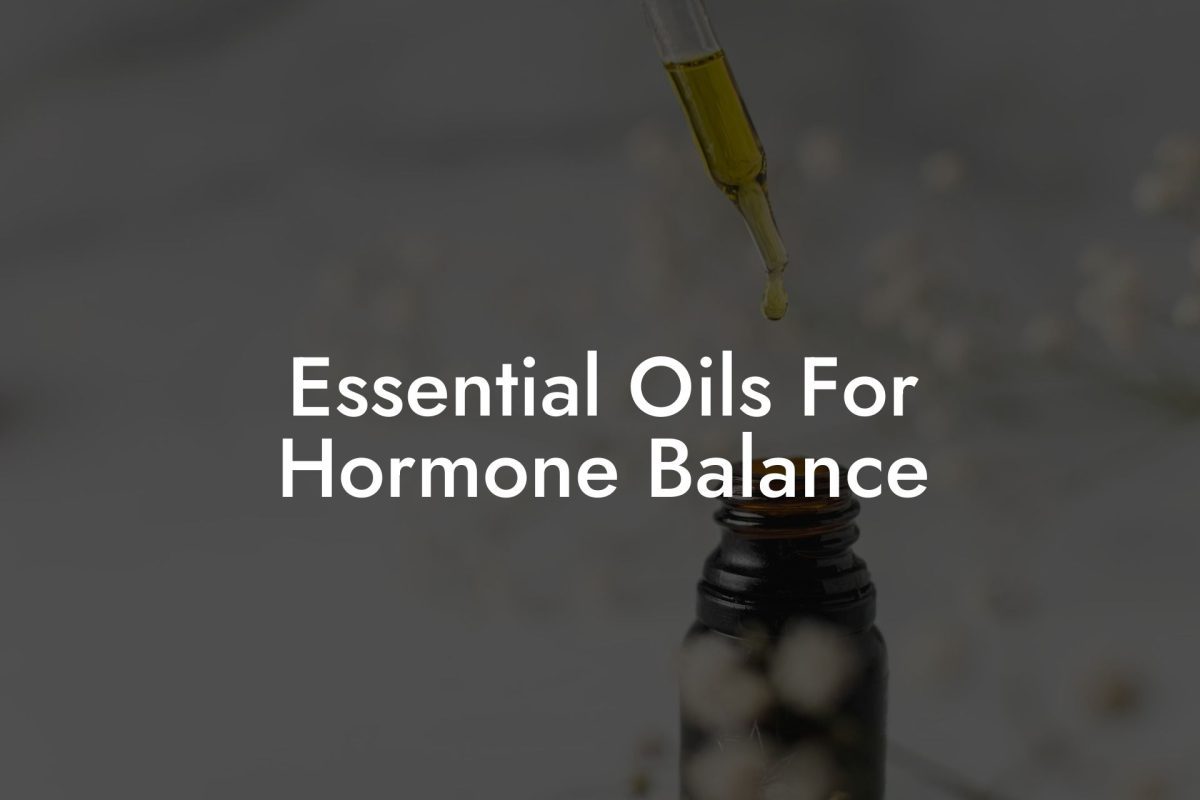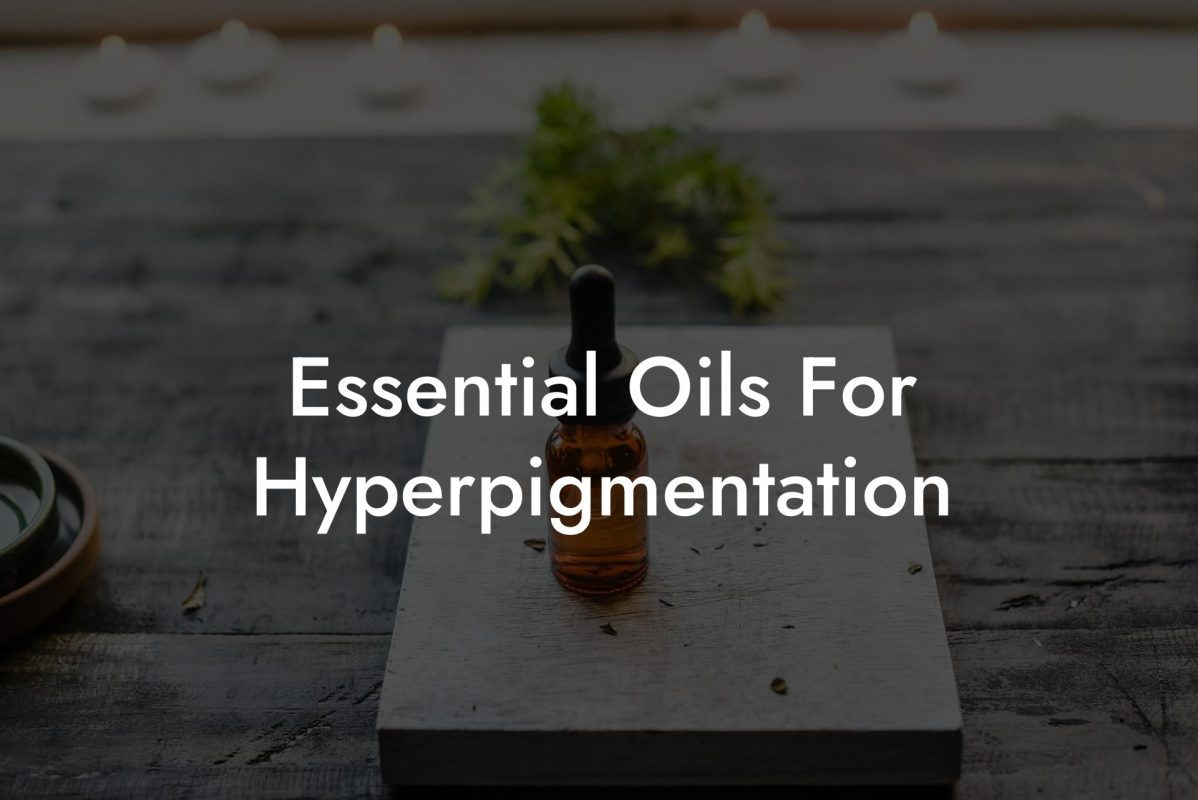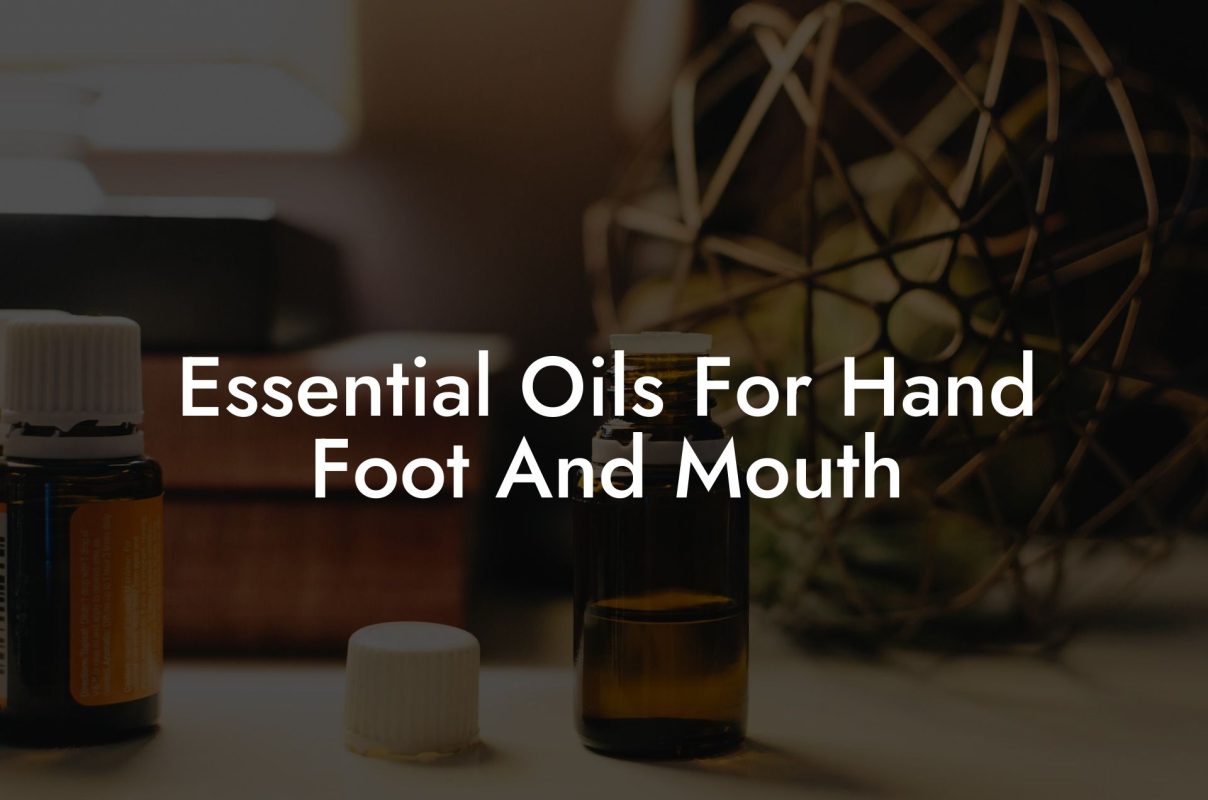As a dog owner, you undoubtedly love your furry friend and want to keep them safe, happy, and healthy. Essential oils can be beneficial for humans, but did you know that certain essential oils can have negative effects on dogs? Before using or diffusing essential oils around your pet, it’s important to understand which oils are harmful and why they may cause unpleasant reactions in your canine companion. In this comprehensive guide, we’ll explore essential oils that dogs hate, the reasoning behind their aversion, and how to responsibly use essential oils around your pets.
Table of Contents
Essential Oils That Dogs Hate
- Tea Tree Oil: Known for its antifungal and antiseptic properties, tea tree oil can be toxic to dogs when ingested or applied topically in high concentrations. Signs of toxicity include vomiting, diarrhea, weakness, and increased salivation.
- Eucalyptus Oil: With its strong scent, eucalyptus oil can be overwhelming for dogs and may lead to respiratory issues, especially for dogs with pre-existing lung conditions such as asthma or bronchitis.
- Clove Oil: Highly irritating to dogs, clove oil can cause severe skin reactions in dogs when applied topically. It can also be toxic when ingested, leading to gastrointestinal upset, liver damage, and even seizures.
- Wintergreen Oil: Wintergreen oil contains high levels of methyl salicylate, which can be toxic to dogs when ingested or absorbed through the skin. Symptoms of toxicity include vomiting, diarrhea, and even acute kidney failure.
- Peppermint Oil: While not as toxic as other essential oils on this list, peppermint oil can still irritate your dog’s respiratory system and cause skin reactions when used in high concentrations or applied directly to their skin.
- Thyme Oil: Thyme oil can be toxic to dogs when ingested or applied in high concentrations. Common symptoms of thyme oil toxicity include drooling, vomiting, diarrhea, and rapid heart rate.
Why Do Dogs Hate Certain Essential Oils?
Dogs have a highly sensitive sense of smell, often 10,000 to 100,000 times more powerful than humans. Their noses contain 300 million olfactory receptors, compared to our mere 6 million. As a result, strong scents from essential oils can be overpowering and potentially harmful to dogs. Additionally, dogs have a different metabolic system than humans, meaning that some essential oils can be toxic when ingested or absorbed through their skin.
Precautions for Using Essential Oils Around Dogs
- Consult with a veterinarian: When considering the use of essential oils for your dog, always consult with a veterinarian to ensure the oil is safe and to receive guidance on proper usage.
- Dilute essential oils: If using essential oils topically on your dog, always dilute them with a carrier oil, such as coconut oil or olive oil, to minimize irritation. Never apply undiluted essential oils directly to your dog’s skin.
- Use a diffuser with caution: If diffusing essential oils in your home, be sure to provide your dog with a separate space where they can escape the scent, and always monitor them for any signs of distress or discomfort.
- Store essential oils safely: Keep essential oils out of reach of your dog to prevent accidental ingestion or exposure to toxic oils.
What Essential Oils Do Dogs Hate Example:
Imagine that you’ve just brought home a new essential oil diffuser and a blend containing eucalyptus oil, hoping to improve the air quality and scent in your living space. Unbeknownst to you, your dog has a strong aversion to eucalyptus oil and begins to cough, sneeze, and exhibit signs of respiratory distress whenever the diffuser is in use. You consult with your veterinarian, who advises you to replace the eucalyptus oil with a less irritating scent. By making this adjustment and monitoring your dog’s reaction, you can continue to use your diffuser while ensuring your dog remains comfortable and safe in your shared space.
In conclusion, it’s essential for dog owners to understand the potential risks associated with using certain essential oils around their pets. By staying informed and taking proper precautions, you can enjoy the benefits of essential oils without compromising your dog’s health. If you found this article helpful, please share it with fellow dog owners and explore our other guides on essential oils and aromacology at Oshu Oils. If you’re ready to delve deeper into the world of essential oils, browse our expertly crafted range of Artisan Essential Earth Oils, and discover how they can enhance your overall wellbeing.

